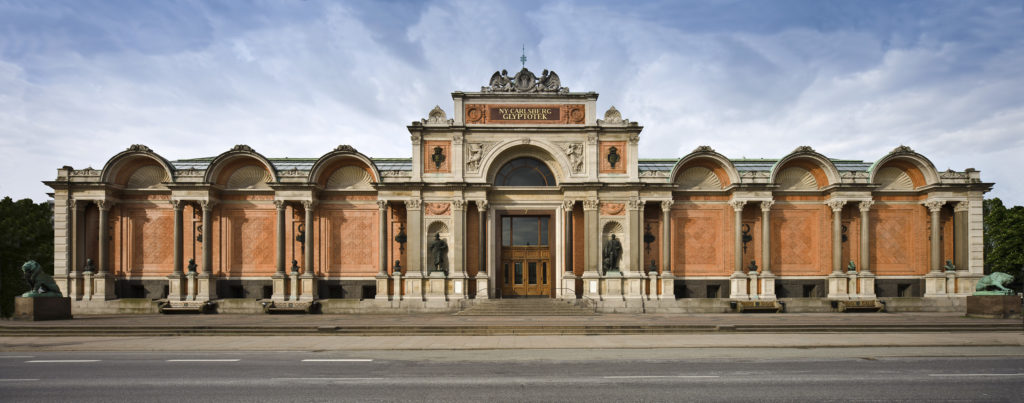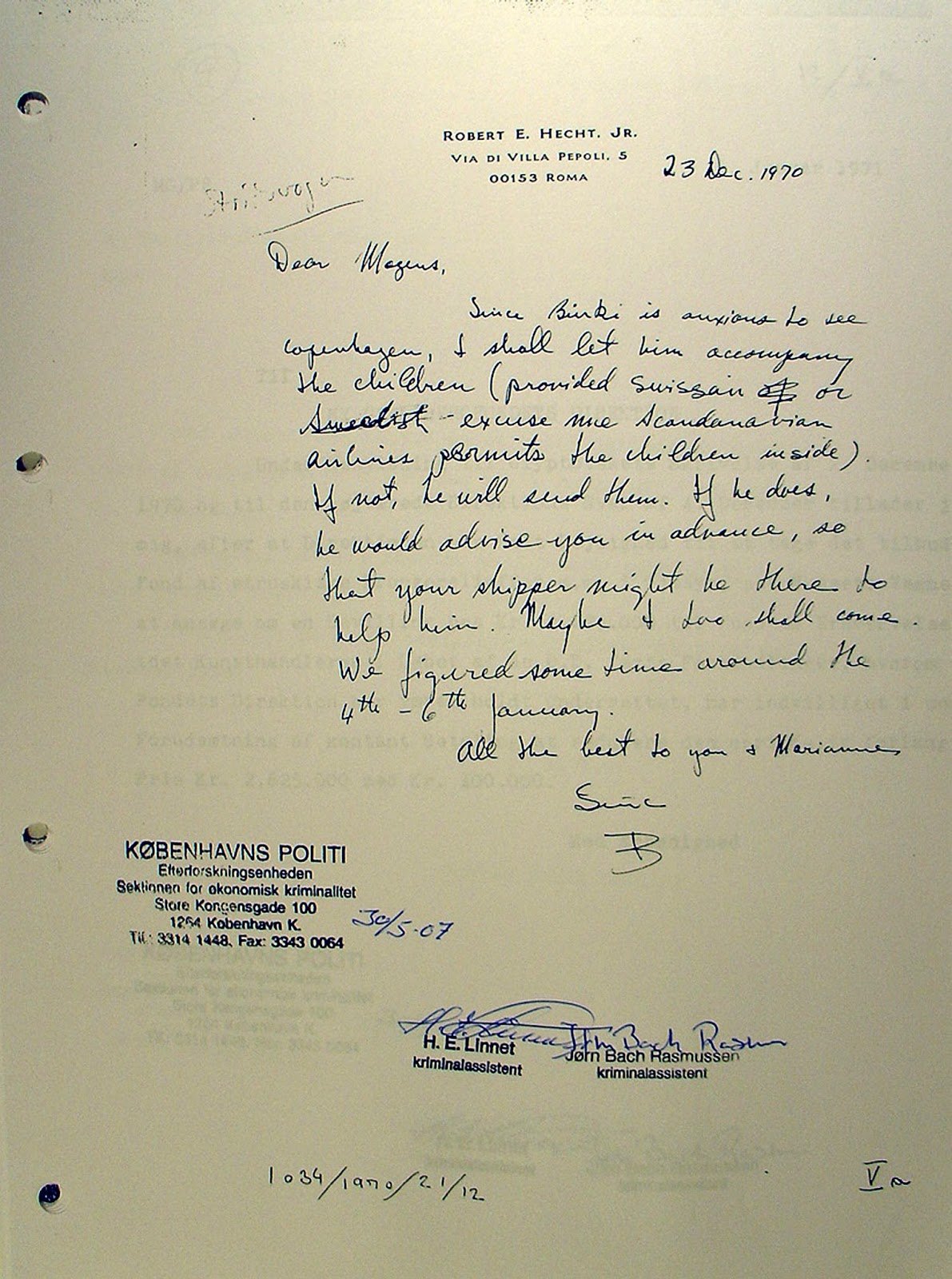Law & Politics
Copenhagen’s Glyptotek Agrees to Return Looted Items to Italy
The deal includes long-term loans to the museum.

The deal includes long-term loans to the museum.

Amah-Rose Abrams

Copenhagen’s Ny Carlsberg Glyptotek has agreed to restitute looted objects from its collection to Italy after a lengthy negotiation that will see a series of loans from the Italian Cultural Ministry to the leading Danish institution.
The items to be returned to Italy are a seventh century calesse, an ornate parade wagon, and other funerary objects that were purchased by the museum in 1970 from a Swiss dealer named Robert Hecht. The sale took place just ahead of the introduction of the UNESCO 1970 Convention on the Means of Prohibiting and Preventing the Illicit Import, Export and Transfer of Ownership of Cultural Property, in the same year.
Hecht is known to have worked with known smuggler Giacomo Medici at this time, who, according to the ARCA blog, was convicted of dealing in stolen artifacts in 2004.

A letter from Hecht to the museum written in 1970 in which he refers to the objects in code. Photo: Copenhagen Police
A statement on the Glyptotek’s website states that, through negotiations started in 2012 they will return the items—originating from the princely tomb from Sabina—after investigation revealed that they had been “unearthed in illegal excavations in Italy and exported without license.” This investigation turned up a letter from Hecht to the Glyoptotek written in code, in which he refers to the looted objects as “children.”
”What at first looked as if it would turn into a legal, political deadlock, has now, through an intense academic dialogue been transformed into a both powerful and visionary agreement,” Flemming Friborg, director of the Glyptotek said in the statement.” We are overjoyed with the far-sightedness with which we have been met by the Italian Ministry of Culture. Working together we have created an ideal climate in which to implement an agreement that will actually translate into new museum initiatives for the benefit of museum visitors and scholars alike, in both Italy and Denmark.”
The deal reached between the Italian Cultural Ministry and the museum is that the items will be returned by the end of 2017 following a series of long-term loans of “significant tomb discoveries.” This agreement means that attendees of the museum will not lose out due to the restitution of the items relating to the looted items from Sabina.
“The agreement which we have signed today, has turned a crisis into an opportunity,” said Italian Minister for Culture Dario Franceschini in the statement released by the museum. ”The agreement surmounts a controversy by means of close collaboration.”
The restitution of looted objects is an ever relevant issue although it often relates to items taken by the Nazis —just recently, a report revealed that Germany kept Nazi loot in Bavarian museums. But could this deal set an example for other institutions with known looted items in their collections?